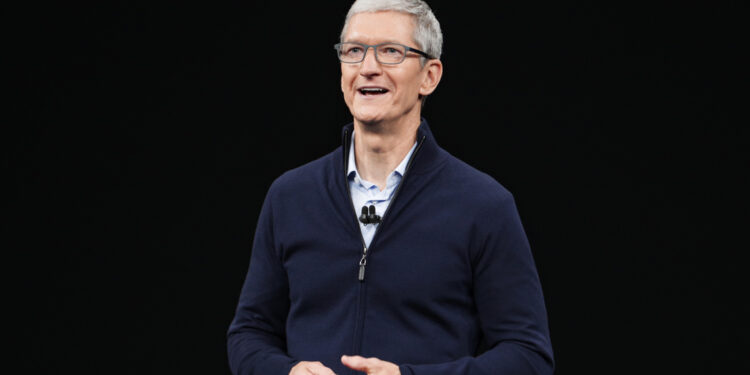Apple is known for its thoughtful business decisions, especially when it comes to choosing its partners. One area in which Apple is particularly strategic is chip production. Today, iPhone chips are manufactured exclusively by TSMC, but that was not always a given. In 2011, Intel was given the opportunity to prove itself as a supplier for Apple's iPhone processors. But the effort was unsuccessful. Why did Intel fail and how has this decision shaped the relationship between Apple and TSMC?
Chip manufacturing is a highly complex process that requires not only technological precision but also a deep understanding of the foundry business, i.e. the contract manufacturing of semiconductors. Apple was looking for a reliable partner for the mass production of its iPhone chips early on. While Intel was already supplying chips for Mac computers, in 2011 it was not yet able to keep up with the specialized production of smartphone processors. Morris Chang, the founder of TSMC, announced in a interview new insights into the situation at the time and explained why Apple ultimately decided against Intel.
Apple considered Intel as a chip supplier in 2011
According to Morris Chang, talks between Apple and Intel took place in early 2011. Jeff Williams, Apple's current Chief Operating Officer, informed him that talks with TSMC would be paused for two months because Intel should be given a chance to prove itself. At that time, Intel was still making chips for Apple's Mac computers. The idea that Intel could also make the processors for the iPhone was not far-fetched. Nevertheless, Tim Cook and Apple management were ultimately unconvinced. Chang stated that he was not particularly worried about Intel's influence on Apple. In his opinion, Intel in 2011 was no longer the company it had been in the 1990s and early 2000s. Tim Cook also later told Chang that Intel was not a foundry and therefore could not be considered for mass production of iPhone chips.
Why Intel Couldn't Convince Apple
There were several reasons why Intel had no chance in this area. First, Intel lacked experience in the foundry business. While TSMC was a pure contract manufacturer, Intel developed and produced its chips mainly for its own use. Building a powerful foundry for external customers was a challenge that Intel could not overcome at that time. Second, Intel did not have a particularly good reputation with its business partners. Morris Chang reported that many PC manufacturers in Taiwan who were customers of Intel were dissatisfied with the company. For a long time, Intel acted as if it were the only supplier on the market and many manufacturers wanted alternatives. Third, technological development was a decisive factor. While TSMC continuously invested in new manufacturing technologies, Intel had difficulty keeping up in the mobile chip area. Intel's mobile processors at the time were not competitive with the energy-efficient and high-performance ARM-based designs that Apple preferred.
TSMC remained Apple's preferred partner
After Intel's failed attempt, Apple finally decided on TSMC as its long-term chip partner. Since then, TSMC has been responsible for producing the processors used in iPhones, iPads and now also Macs. The partnership between Apple and TSMC has proven to be extremely successful. TSMC not only produces hundreds of millions of chips for Apple every year, but also sets technological standards with its advanced manufacturing processes. Intel, on the other hand, has had difficulty establishing itself as a serious foundry provider. Although the company is investing heavily in expanding its manufacturing capacity, it has so far been unable to win Apple back as a customer.
A milestone for Apple – and a missed opportunity for Intel
History shows how crucial technological expertise and a clear business strategy are for success in the semiconductor industry. While Intel had the chance to win Apple as a customer for iPhone chip production, the company was unable to convince. Tim Cook recognized Intel's weaknesses early on and decided to work closely with TSMC. Today, Apple is benefiting from this decision: the powerful and efficient chips that TSMC produces for the company enable Apple to continue to assert itself as an innovation leader in the smartphone and computer sector. Intel, on the other hand, had to realize that early success in the chip industry is no guarantee for the future. (Image: Apple)
- Advanced visual search: Search iPhone photos smarter
- Apple tops Fortune's list for the 18th consecutive year
- Apple's AI strategy: How ethical are the data sources?
- Apple: How Tim Cook is using Trump's second term





